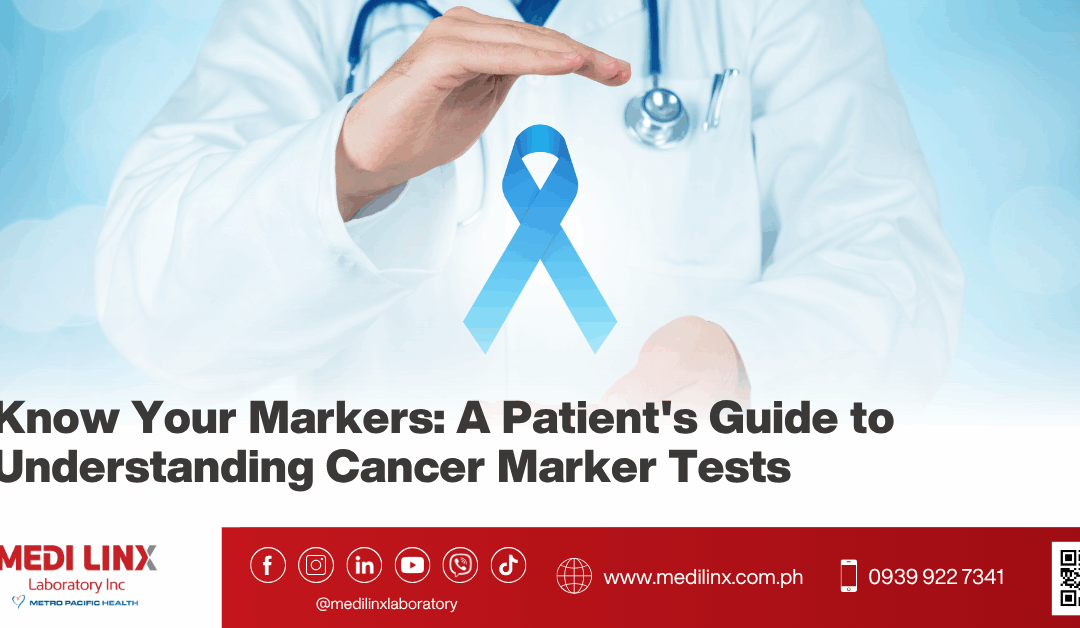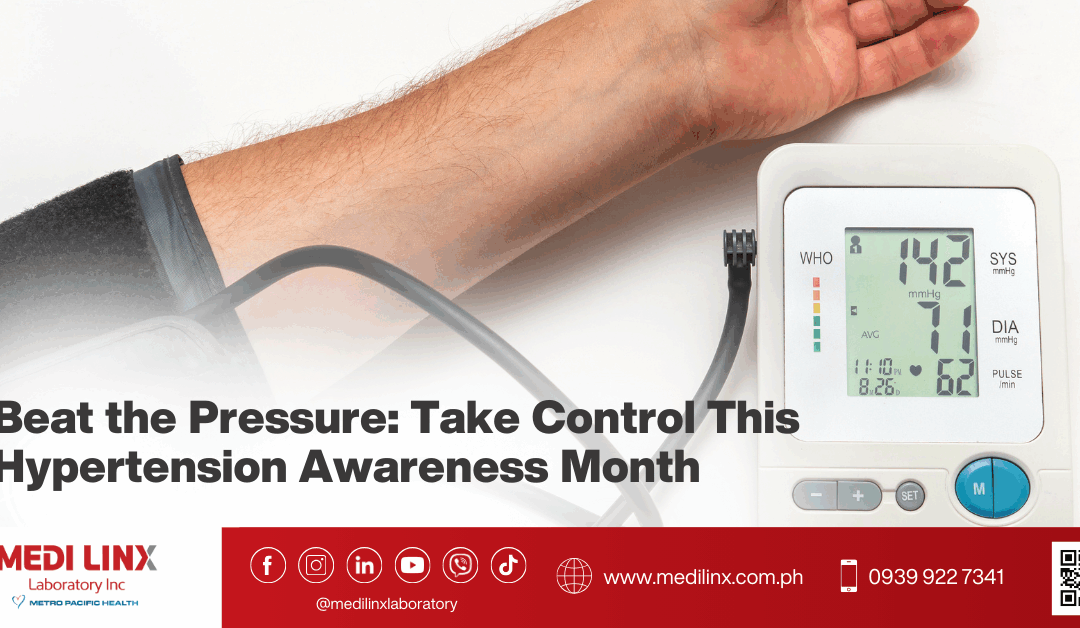The HPV DNA test identifies high-risk or cancer-causing types of HPV, like types 16 and 18. It detects the virus directly before the cell changes become abnormal. It is a more direct means of detecting the virus than via a Pap smear, which detects abnormal cell changes.
In this article, we’ll discuss the HPV DNA test, what it is, why it matters, how it can help you identify and even prevent serious health problems, and ultimately, what you need to know to make an informed decision about this critical part of your health.
Why Is the Human Papillomavirus Test Important?
Human papillomavirus (HPV) is the most common STD (sexually transmitted infection or disease). Several subtypes can produce warts, and high-risk types can lead to cancer. HPV infections are mostly asymptomatic, so screening is key.
The HPV DNA test gives information for detecting and monitoring HPV infections to prevent serious problems and offer timely intervention.
Who Should Get An HPV DNA Test?
HPV DNA testing is primarily recommended for the following groups:
- Women aged 30–65 years:
- Routine screening with co-testing (Pap smear + HPV DNA) every 5 years or HPV
DNA testing alone every 5 years is recommended.
- Alternatively, Pap smear alone every 3 years is acceptable.
- Women with abnormal Pap smear results:
- For ASC-US (Atypical Squamous Cells of Undetermined Significance), reflex HPV DNA testing is recommended.
- Immunocompromised women (e.g., HIV-positive):
- More frequent screening (annually) with Pap smear and HPV DNA testing may be indicated due to the higher risk of persistent HPV infection.
- Women with previous high-grade cervical lesions or cancer:
- HPV DNA testing may be used for follow-up after treatment to detect persistent infection.
Procedure of HPV DNA Testing
Here are the steps that HVP DNA testing involves:
- Preparation: No special preparation is needed but avoid using vaginal creams or douching beforehand.
- Sample Collection: A healthcare provider will collect a sample of cervical cells using a small brush or swab. This is a quick and minimally invasive procedure that may cause slight discomfort but is generally well-tolerated.
- Laboratory Analysis: The laboratory will analyze the sample for high-risk HPV types.
- Results: Results are generally ready in 3-6 days. If HPV is found, more tests or monitoring may be recommended.
For preparation and specimen collection, see an OB-GYNE for specific instructions and guidance.
FAQs
What is HPV DNA positive?
It means HPV is present. If it’s a high-risk type, additional testing may be required.
Is the HPV DNA test reliable?
Yes, it is very good at detecting high-risk types of HPV.
How is an HPV DNA test different from a Pap smear?
The HPV DNA test screens for the virus, while a Pap smear, or Pap test, looks for abnormal cells caused by HPV. Together, the two tests are better at screening.
Protect Your Future with HPV DNA Testing at Medi Linx!
Preventing HPV-related complications relies on early detection. It presents a chance for diagnosis at an early stage so that you can be provided with optimal treatment with the HPV DNA test. To book HPV-DNA, visit Virtual Lab and schedule your test online.
You can also see other screenings that may be added, like a hbsag test to assess the liver health or a lipid profile panel test to determine the cardiovascular risk. Visit Medi Linx, a Reference Laboratory Metro Manila, for testing and expert care. Schedule your appointment today, and regain control of your health!




